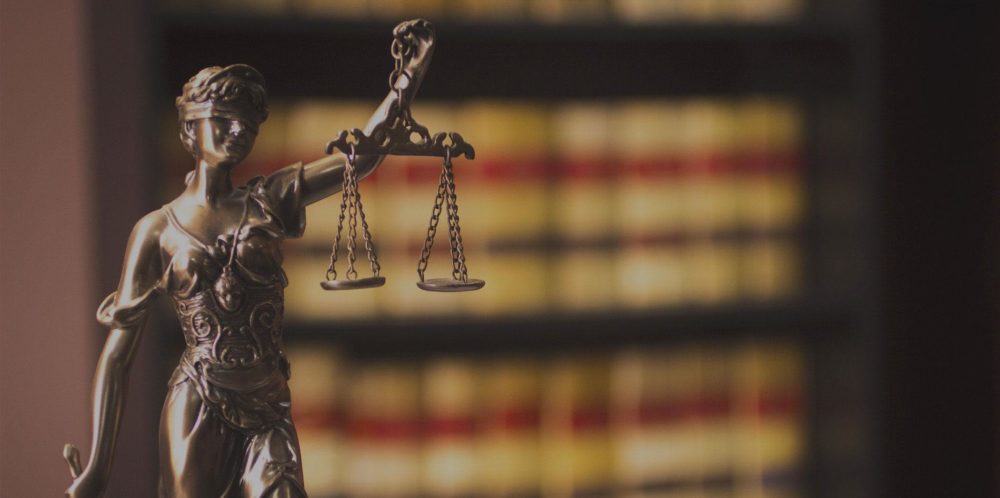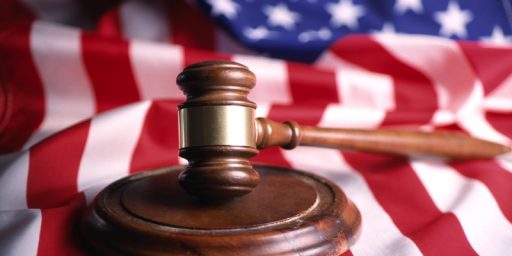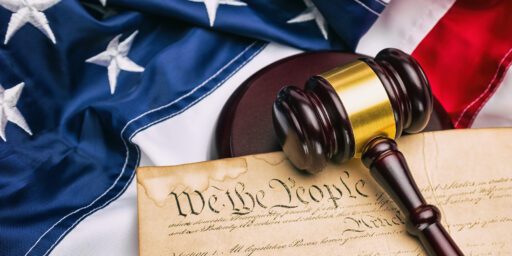A 2020 Legal Dispute That’s Not Over
A case involving Pennsylvania may not be resolved for quite some time. Thankfully, it's immaterial to the election outcome.

I didn’t want to sidetrack the discussion of the Supreme Court’s smackdown of the Texas lawsuit last night with a side issue that’s immaterial to the question of who will be President on January 20th and whether his election is legitimate.
I tend to agree with Jonathan Adler on this sidebar issue he raised toward this end of his post:
There remains a serious legal question about the constitutionality of the Pennsylvania Supreme Court’s decision to extend the deadline for the receipt of absentee ballots beyond the statutory deadline. This decision has much in common with the decision of the Florida Supreme Court that was vacated by a unanimous Supreme Court in 2000. Unlike in 2000, however, the outcome of that question could not effect the election result. Nonetheless, if the Court wants to consider that issue, there are multiple pending petitions for certiorari (here, here, and here) that it could grant in the normal course. If anything, the legal events of the past few weeks should establish that the issue raised by the Pennsylvania Supreme Court’s actions are capable of repetition yet could evade review if not addressed by SCOTUS.
I have a longstanding sense that elected officials—and, indeed, the state legislatures—have the sole Constitutional authority to change election rules and that the state courts doing so should therefore be viewed with extreme suspicion.
Still, even if Pennsylvania’s votes were pivotal in this contest, it’s not obvious what the relief would look like. It would be unconscionable to throw out ballots that were received by the deadline set by the Commonwealth’s highest court, given that the citizens would have relied on the decision in good faith.
Regardless, I agree with Adler that we should get a ruling on the matter that would set a precedent for future cases.






I am forever distrustful of the idea that politicians should decide how elections are run. A slight conflict of interest there.
At the time of Bush-Gore, I was friendly with an attorney who worked for the NJ Sec of States office and we got into an exchange regarding military votes received in Fla that were non-compliant with Fla election laws, received after election day, no post mark etc. These were ripe for challenge by the Gore campaign who chose not to pursue it. Her point was that regardless of any ruling regarding those votes, the court wasn’t going to disenfranchise those voters on what were possible technical violations. The same logic exists here, the supremes may rule the PA courts were wrong, but they wouldn’t disenfranchise the voters.
It strikes me as absurd to believe that when the Founders said state legislatures would decide election rules they meant to imply that state governors and courts couldn’t play their normal roles in the process. But I also believe the “originalists” on the Court will find whatever they want to find. Which will be whatever they feel gives Republicans partisan advantage. As Alito et al have already signaled.
@Sleeping Dog:
In 2001 NYT did a deep dive into absentee ballots in FL. It went a deal beyond “possible technical violations”.
Did it change the outcome? Likely not, but far from certainly not. Did it show, well before Trump, that the Republican Party would do everything they could to throw an election? Oh yeah.
@gVOR08:
Scalia was a master at finding text to support his absurdly partisan opinions.
Claimed originalism is not necessarily originalism.
@de stijl: well, a lot of originalists seem to people who got their start learning to read what they want into, and out of, the Bible, so it’s a habit of mind
Yeah, the Court also said, in Bush v. Gore, that the decision shouldn’t be used as a precedent.
Like @gVOR08, I think that state courts and governors get to play a normal role. I mean, does that clause mean the governor can’t veto legislation that has some clause pertaining to elections and no severability? I think not.